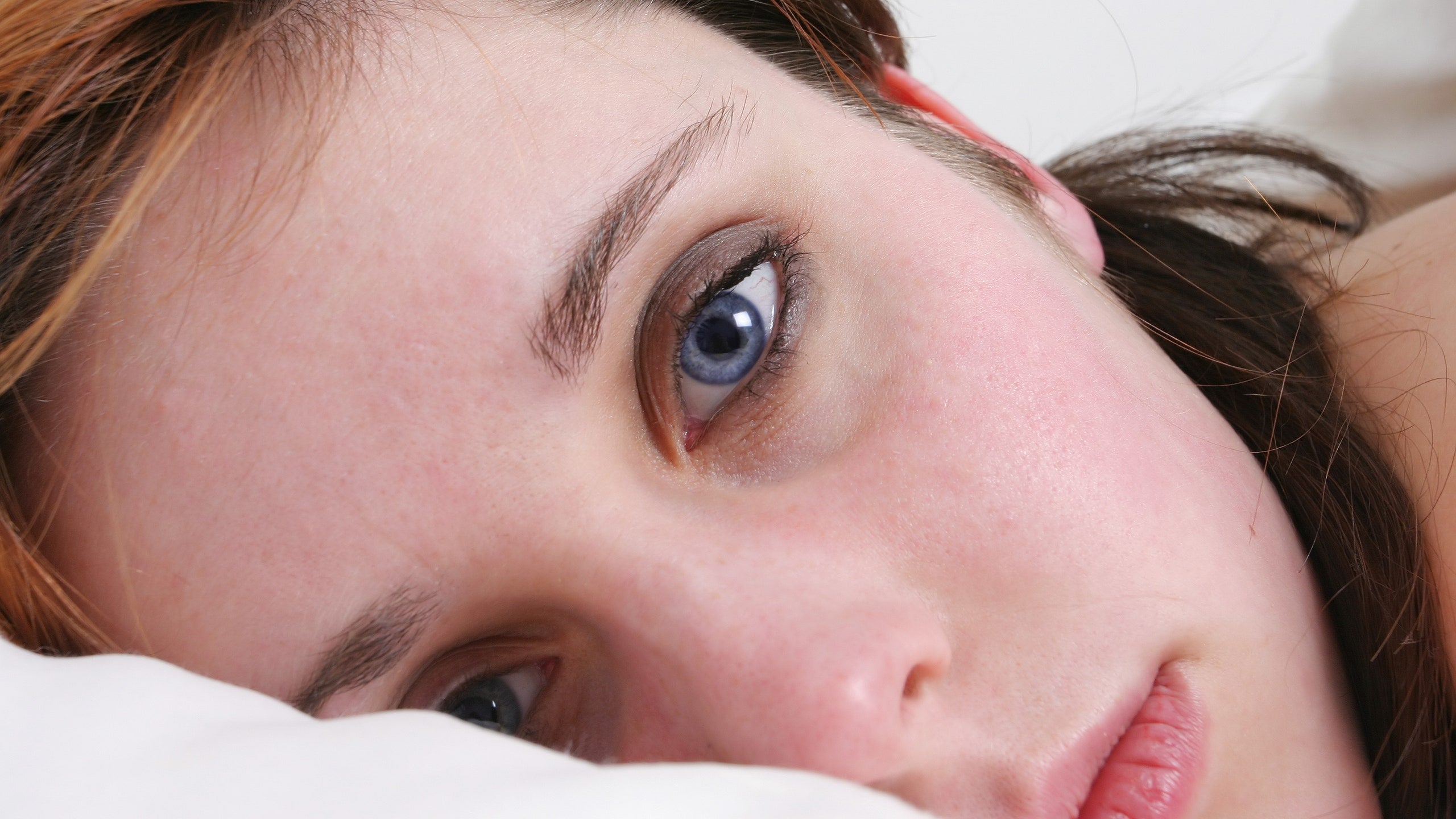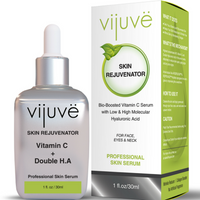
What happens to the skin when you're stressed
Certain incidents and situations that you face directly or indirectly cause stress and depression. If you’re able to overcome stress, then you are primarily safe from many diseases. But if it becomes chronic, then you’re not far away from having serious health complications.
According to Dr. Joshua Zeichner, “Stress can never be our friend, neither of our skin nor of our mind.” Stress aggravates a chemical response in the body that makes your skin more reactive or sensitive. It affects your whole body, making your skin more susceptible to:
- Eczema
- Psoriasis
- Rosacea
- Wrinkles
- Pimples breakouts
- Fever blisters
- Skin rashes
How stress damages your face?
Besides your other body parts, your face becomes the very first target of stress and depression. Chronic stress that triggers your body to release hormones can lead to physiological alterations negatively affecting your skin on the face.
Not only physical damage, but Stress increases the risk of developing depression, cardiovascular diseases and affects your immune system. The common skin problems caused by stress are:
Acne
When feeling stressed, your body gets signals to release cortisol hormone. Cortisol triggers the hypothalamus (a part of your brain) to release corticotrophin-releasing hormone (CRH). CRH stimulates sebaceous glands to release oil. Excessive oil production clogs your face pores and leads to acne.
High levels of stress cause acne to become severe, and in some cases, pus is likely to pop out from acne that becomes difficult to treat.
Wrinkles
Due to stress, there is a decrease in collagen and elastin production, due to which your skin no longer maintains its elasticity. Losing skin elasticity means that the facial muscles become permanent, appearing as wrinkles in the form of lines.
Stress can also lead to repetitive furrowing of your eyebrows that also contribute to wrinkles emergence.
Skin rashes
As already described, stress weakens your immune system. Inflammation takes the first appearance on the face, followed by skin rashes and redness due to a weakened immune system.
Stress is also known to aggravate several skin conditions like eczema, psoriasis and dermatitis, which appear as inflamed skin or rashes.
Dry skin
Stress damages your skin's outer layer (stratum corneum), which contains lipids and proteins that have a critical role in maintaining skin hydration. Due to the malfunction of the stratum corneum, your skin becomes flaky, dry and itchy.
Other studies show that stress can also slow down the skin's ability to regenerate and heal itself, leading to certain skin diseases.
How to ease the effects of stress on the skin
- Take care of your skin if you’re stressed.
- If dealing with acne and wrinkles, apply vitamin C serum.
- Practices stress easing techniques.
- Get sufficient sleep of 8-9 hours.
- Take a walk and talk to others to reduce stress.
- Do something that gives joy and happiness.
Wrapping up
Dealing with stress might be challenging to tackle. But you should know that it has specific impacts on your health, skin and appearance. Everyone faces different types of stress, either of financial, family or other.
Acne, dry skin, breakouts, etc., become more susceptible to appear on the skin if you have chronic stress. Make healthy lifestyle changes and practice stress releasing exercises to maintain a balance in your life.




